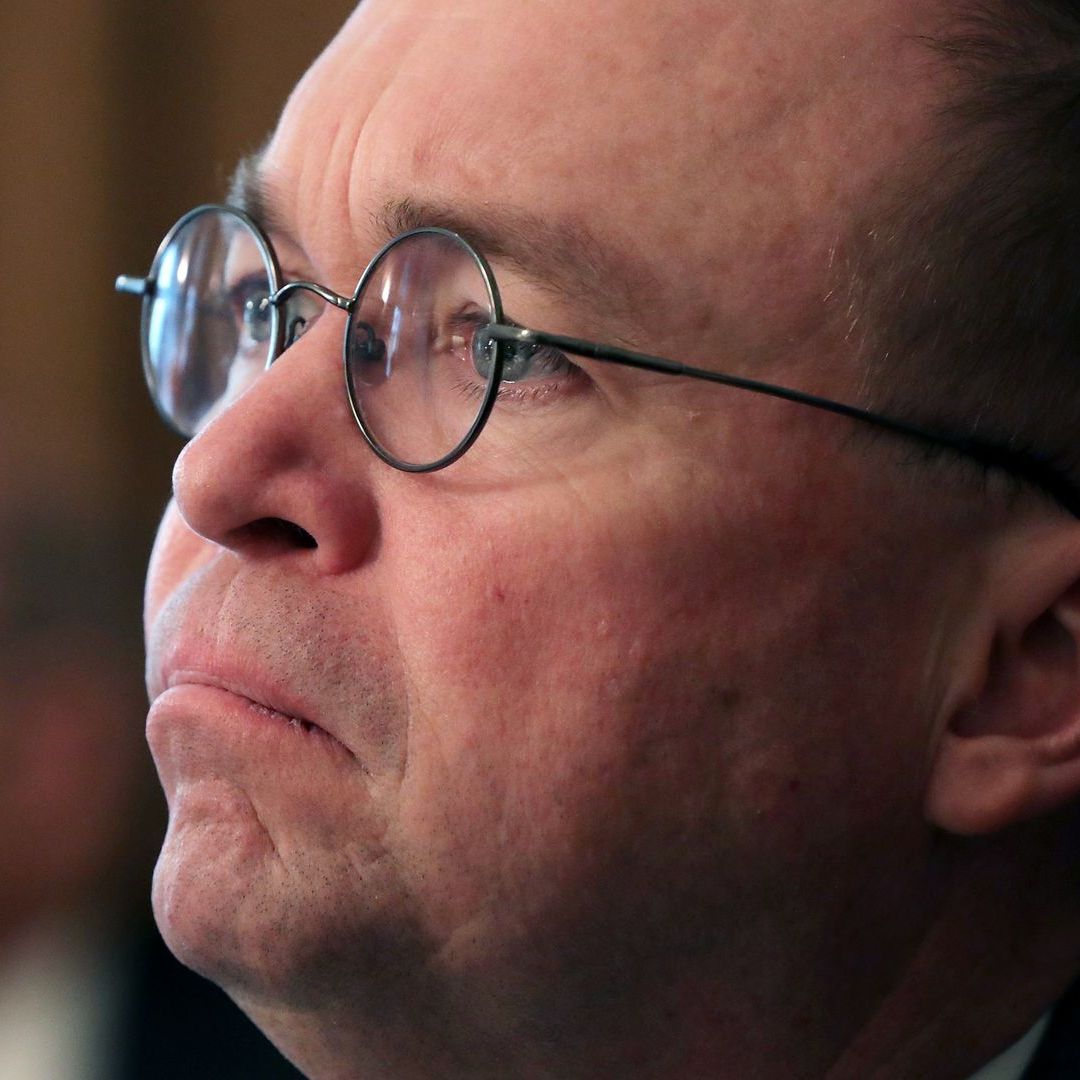The Trump administration's next trillion-dollar fight will be the debt ceiling

Published Date: 2/17/2019
Source: axios.com
The next trillion-dollar fight concerns the debt ceiling. Global markets freak out any time members of Congress or White House officials float anything other than a drama-free debt-ceiling hike.The state of play: As a House conservative, acting White House chief of staff Mick Mulvaney pushed to use the debt ceiling as a lever to cut spending. And as Trump's budget director, he favored the concept of "debt prioritization" — an idea that thrills some in the conservative movement but horrifies the markets, the Treasury secretary and the leadership of both parties.It seems unlikely, though, that Mulvaney will put much effort into advocating for debt prioritization in his current role as chief of staff. He's told colleagues he thinks the administration will get more leverage out of the threat of spending cuts than it will by using the debt ceiling.The Trump administration is so internally divided over the debt ceiling that many in Congress wouldn't believe the White House if they threatened to hold it hostage.Behind the scenes: Before a recent Cabinet meeting, Mulvaney and Treasury Secretary Steven Mnuchin chatted about the debt ceiling, per a senior White House official. According to that official and another source briefed on the chat, Mnuchin said, "Democrats will give us a clean debt ceiling."Mulvaney "sort of giggled," according the senior official. "Steven, no they won't," he added.Mnuchin said Democrats wanted a clean hike last time; Mulvaney retorted that Democrats weren't in charge then."Now they're going to end up tying one of their priorities to the debt ceiling increase," Mulvaney predicted to Mnuchin, according to the official. "You cannot assume that because they wanted something the last time, it's exactly the same thing they want this time. ... There's not much consistency when it comes to this in politics."A source familiar with Mnuchin's thinking told me, "The secretary is focused on raising the debt ceiling, but hasn't expressed a strong preference for how it's done. That's up to Congress."So what's debt prioritization? Before the Tea Party, Congress routinely raised the debt ceiling (the limit on how much the Treasury can borrow) with every annual budget. But after 2010, House conservatives argued that this shouldn't happen without concessions to the right, such as cuts in how much the government spends. To make that happen, they advocated for debt prioritization, the idea that the U.S. government could pay creditors on time (e.g., interest on the national debt) but delay paying other bills. It's a type of brinkmanship.Last February, Trump signed a bill suspending the debt ceiling until March 1, 2019. As soon as this week, the Treasury Department is expected to start issuing guidance for "extraordinary measures" — a term of art to describe actions the Treasury secretary can take to delay the U.S. government from defaulting on its debts.Experts who monitor this issue say they think Mnuchin will probably be able to use extraordinary measures to delay a debt crisis until at least late summer, giving Congress about six extra months to deliberate.Behind the scenes: Mnuchin is expected to make it clear — as he did the last time the Trump administration bumped into the debt ceiling — that he won't mess around with the full faith and credit of the U.S. government. He calmed markets last time by saying he wanted Congress to pass a clean debt ceiling increase and that he thought prioritizing debt payments "doesn't make much sense."But a senior White House official told me that "elements within the administration," including Mulvaney, will be "encouraging the president to consider the possibility of prioritization of payments.""We will certainly raise, for the president, the options that we have going into the next round of negotiations. Certainly the debt ceiling will be part of that."Go deeper: If the U.S. can't pay its bills